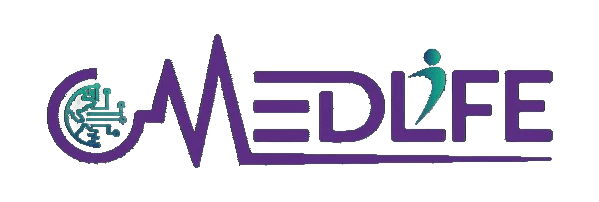Establishing a career in medical coding can be both challenging and rewarding. As a beginner in this field, mastering the intricacies of medical coding is essential for ensuring accuracy, efficiency, and success in your role. Here are some invaluable tips and tricks to help you navigate the world of medical coding with confidence and proficiency:
1. Invest in Quality Training
Begin your journey into medical coding by enrolling in accredited training programs or courses. Look for reputable institutions or online platforms that offer comprehensive training in medical coding, including instruction on coding systems such as ICD-10-CM, CPT, and HCPCS.
2. Understand Medical Terminology
Familiarize yourself with medical terminology, anatomy, and physiology to decipher complex medical records effectively. A solid understanding of medical terminology will facilitate accurate coding and improve your comprehension of diagnoses, procedures, and treatments.
3. Practice, Practice, Practice
Coding proficiency comes with practice. Dedicate time to coding practice exercises, case studies, and mock coding scenarios to hone your skills and reinforce your knowledge of coding guidelines and conventions.
4. Stay Updated on Coding Guidelines
Stay abreast of coding updates, revisions, and guidelines issued by organizations such as the American Medical Association (AMA) and the Centers for Medicare & Medicaid Services (CMS). Regularly review official coding resources and attend continuing education courses to stay current with industry changes.
5. Use Coding Resources Wisely
Utilize coding resources such as coding manuals, encoder software, and online coding forums to assist you in assigning accurate codes. Familiarize yourself with code lookup tools, modifiers, and coding guidelines to enhance your coding efficiency and accuracy.
6. Develop Critical Thinking Skills
Develop strong critical thinking and problem-solving skills to navigate complex coding scenarios and resolve coding-related issues effectively. Analyze medical records, documentation, and coding queries to ensure accurate code assignment and compliance with coding guidelines.
7. Seek Mentorship and Guidance
Seek guidance from experienced medical coders or mentors who can provide insights, advice, and support as you navigate your coding career. Networking with seasoned professionals can offer valuable learning, growth, and career advancement opportunities
8. Practice Ethical Coding Practices
Adhere to ethical coding practices, including accuracy, integrity, and compliance with coding regulations and standards. Maintain patient confidentiality and avoid fraudulent or abusive coding practices that could compromise your professional reputation and integrity.
9. Embrace Technology
Embrace technology and coding software tools to streamline your workflow and enhance productivity. Familiarize yourself with electronic health record (EHR) systems, coding software, and productivity tools to facilitate efficient coding processes.
10. Stay Persistent and Patient
Mastering medical coding is a journey that requires persistence, patience, and dedication. Embrace challenges, learn from mistakes, and stay committed to continuous learning and improvement as you progress in your coding career.
In Conclusion:
By following these tips and tricks, you can build a solid foundation in medical coding and set yourself on the path to success. Remember to stay curious, proactive, and adaptable as you navigate the dynamic world of medical coding. You can become a proficient and successful medical coder with determination, practice, and ongoing learning.


